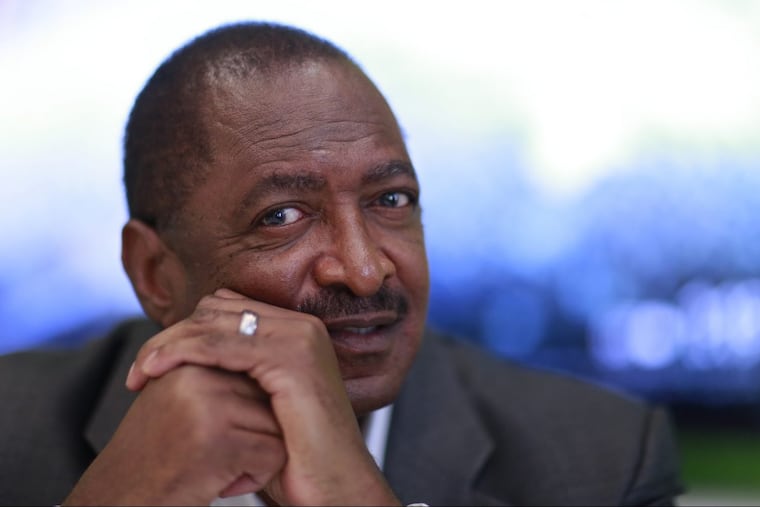Beyonce’s dad, Mathew Knowles, has hereditary breast cancer. What we know about BRCA genes.
In an interview that aired on Wednesday’s Good Morning America, he talked to host Michael Strahan about being part of the one percent of men to have a cancer that is thought of as a woman’s disease.

Mathew Knowles, father of the singer Beyoncé, has revealed that he has breast cancer driven by a mutation in the BRCA2 gene.
In an interview aired Wednesday on ABC’s Good Morning America, he talked to host Michael Strahan about being part of the 1% of men to have a cancer that is thought of as a woman’s disease.
“I am going to get the second breast removed in January, because I want to do anything I can to reduce the risk,” he said. “We use the words cancer-free, but medically there’s no such thing as cancer-free. There’s always a risk.... My kids have a 50 to 70% chance of getting the BRCA mutation and breast cancer. That’s male or female. We used to think this was only an issue for women, but this is male or female.”
He also discussed a painful reality: people who carry a defective BRCA1 or BRCA2 gene have an even chance of passing the mutation on to their children.
“The first call was to my family, that was the very first call. Because this is genetics,” he said. “It also means my kids have a higher chance, a higher risk, even my grandkids have a higher risk. And they handled it like they should. They went and got the test," said Knowles, 67.
Knowles’ diagnosis comes as researchers have made great strides in understanding the BRCA genes, said oncologist Susan M. Domchek, executive director of the Basser Center for BRCA at the University of Pennsylvania’s Abramson Cancer Center. The milestone discovery of the BRCA1 gene was 25 years ago, with BRCA2 cloned soon after that.
“From understanding the way BRCA1 works in the cell, to FDA approved therapies for BRCA1/ mutation-associated breast and ovarian cancers, researchers and clinicians have translated research into information which can improve lives,” she wrote in an column for The Inquirer.
Still, she noted, minority groups are “vastly under-tested” for the inherited mutations. The diagnosis of Knowles, a businessman who once managed his daughter’s career, may help change that.